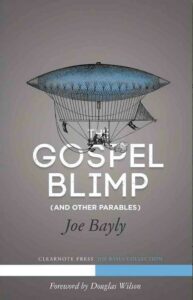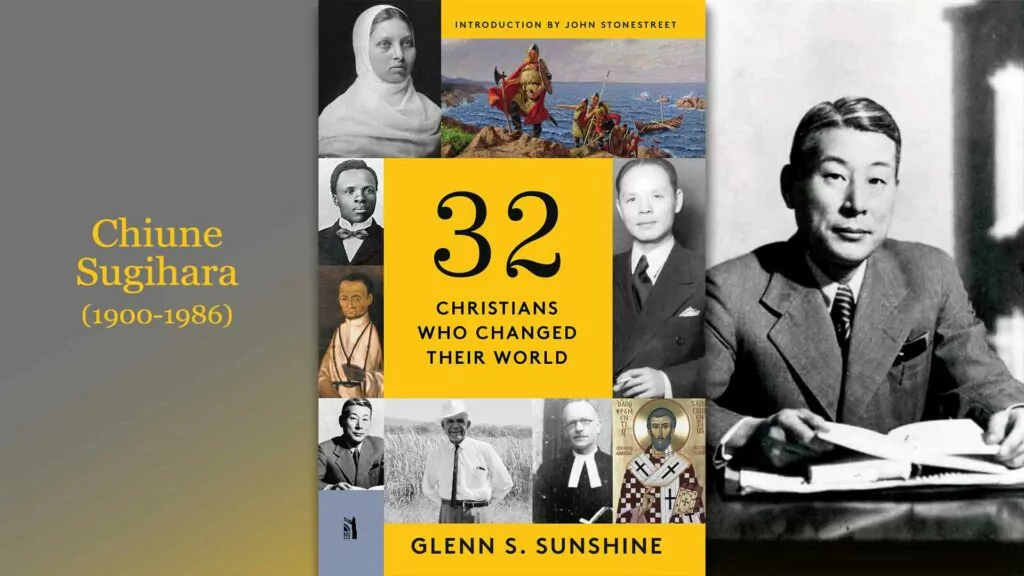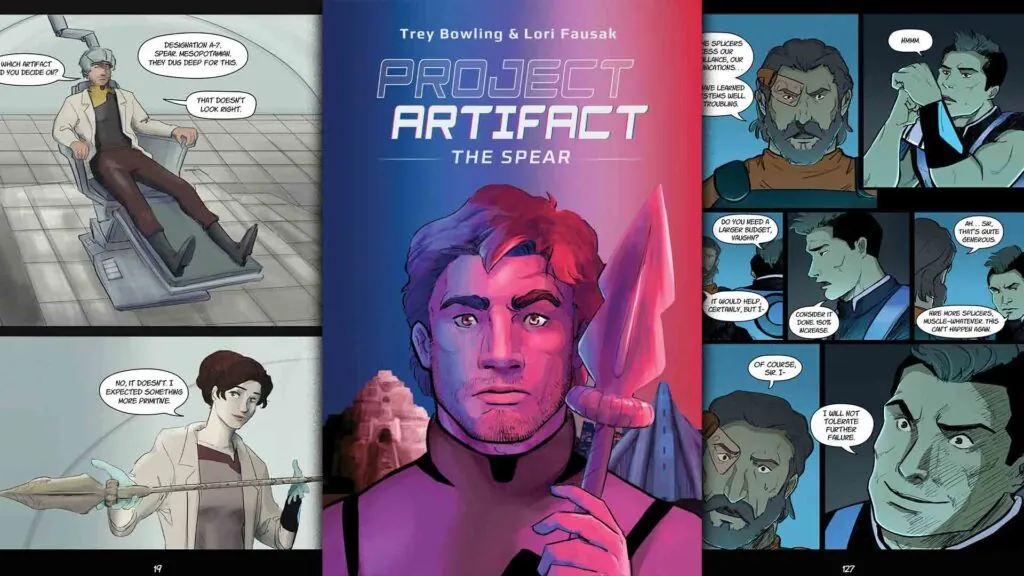This short story is excerpted from “The Gospel Blimp (And Other Parables)” by the late Joe Bayly (1920-1986), and is reprinted here with the permission of his son, Rev. Tim Bayly. The word “colored” has been substituted for the N-word as it was in the original (which denoted the attitude this fictional 1920s pastor had for blacks).
*****
The page was blank except for some doodles, doodles that had no relation to a sermon outline. Circles completely filled in with ink. Plain circles. And the unending stovepipe that he learned to draw years ago in grade school, with “arm movement.”
“Push and pull, push and pull, move from the elbow, push and pull.”
Good old push and pull. Those were the days, when push and pull meant an exercise of the lower arm. Under the black and white doodles he neatly lettered the words Push and Pull.
Come to think of it, life was pretty much push and pull. Some people being pushed around, others with pull.
Take the colored.
Probably pushed around all his life. And pushed around when he died. Maybe he was guilty — maybe not. One sure thing, there was no way of telling now since the case would never come up in court.
And the men who took him from jail. All that testimony in court, and their confessions to abducting the colored. And what they did to him in the woods beyond the town line before merciful death took over.
In bold script he lettered the word Dachau.
Pushing his chair back from the desk, he stood up and stepped over to the window. Wisteria and red clay and sunlight contained no suggestion of violence or death. About time he stopped thinking about the lynching and started on tomorrow’s sermon.
A passing car stirred up clouds of red dust. “Ashes to ashes and dust to dust.” Funny thing, how black dust and white dust finally became red dust. And someday part of that red dust would become glorified dust.
As he turned away from the window, a bus lumbered past. A smile touched his face for a moment as he imagined a bus in heaven with a sign inside the door: “Law of the State of Glory — White Passengers Will Seat from the Front, Black Passengers from the Back.”
When he was again sitting at the desk, his thoughts returned to the sermon outline for tomorrow. Sometimes a man could think of a dozen things to preach about, other times there didn’t seem to be a thing. Today there didn’t seem to be a thing. And the barrel was empty.
What had old Prof. Forbes suggested in homiletics class at seminary?
“Before preparing a sermon, imagine that your people are walking across your desk, single file. As you watch each one parade by, consider his problems, his suffering, his sin. Then go to the Word for God’s message to your people. That is the secret of true preaching.”
Well, let the parade start.
He was surprised to see who led the procession, for it wasn’t a member of his congregation. Past the orderly row of books, in front of the calendar and fluorescent light, over the Bible walked the colored. His body was grotesque with all the marks of violence at the hands of the lynching party.
After the colored had stepped off the far side of the desk, a familiar figure stepped from behind the row of books. Yesterday he had seen that face in the courtroom laughing heartily after the jury returned its verdict in the trial of the lynching party: “Not guilty.”
Of the eleven men involved, this was the only one from his congregation. Tomorrow morning he would be ushering at the worship service.
He watched the figure slowly parade across the desk, offering plate in one hand, shotgun in the other.
Leafing through the Bible, he temporarily halted the imaginary procession. At Exodus 20 he stopped, and his lips moved as he read the words, “Thou shalt not kill.”
Immediately, another verse came to his mind, and without turning to it he repeated, “He hath made of one blood all nations of men.”
What repercussions there would be if he coupled these verses for tomorrow’s sermon! The fire would be kindled at eleven thirty a.m. and spread from church through the whole town shortly after noon.
“A sermon against lynching! Why doesn’t he stick to the gospel?”
“That poor usher. I never felt so sorry for anyone in my whole life!”
“A preacher should be positive — not negative.”
“Why doesn’t he take a colored charge? Or go up North?”
“I never expected to hear our minister preach the social gospel.”
“He’s probably a Communist.”
“About time we had a change of pastors.”
He dropped his head to the desk between his hands. If he were the only one who would be affected. But there were his wife and the two children to consider.
 He drew a solid line of push and pull across the bottom of the page. Push…yes, where was he being pushed? And where was the church being pushed? From proclaiming the Word of God to appeasing the prejudice of men?
He drew a solid line of push and pull across the bottom of the page. Push…yes, where was he being pushed? And where was the church being pushed? From proclaiming the Word of God to appeasing the prejudice of men?
Washing the outside of the cup and leaving the inside filthy. Money to send missionaries to Africa. Africa on the other side of the world, not Africa on the other side of town.
Still, why should he be the first one to stick his neck out? There was his reputation for true, evangelical preaching to think about. Certainly a doubt — and a big one — would be planted in people’s minds. It would affect his whole future in the ministry.
Besides, he understood that other forces were already at work to solve this problem. Why not leave this matter to the Catholics, who were pouring millions of dollars into the South to win the colored? And the Federal Council modernist crowd?
His business was to preach the gospel.
He interrupted a final push, and crushed the doodled paper in his hand. Unwrinkling it, he tore it into tiny pieces and dropped them in the wastebasket.
Then he reached into the drawer and removed a clean sheet. Placing it upon the desk, he wrote his sermon text in a neat hand without hesitation, “Believe on the Lord Jesus Christ and thou shalt be saved.”












